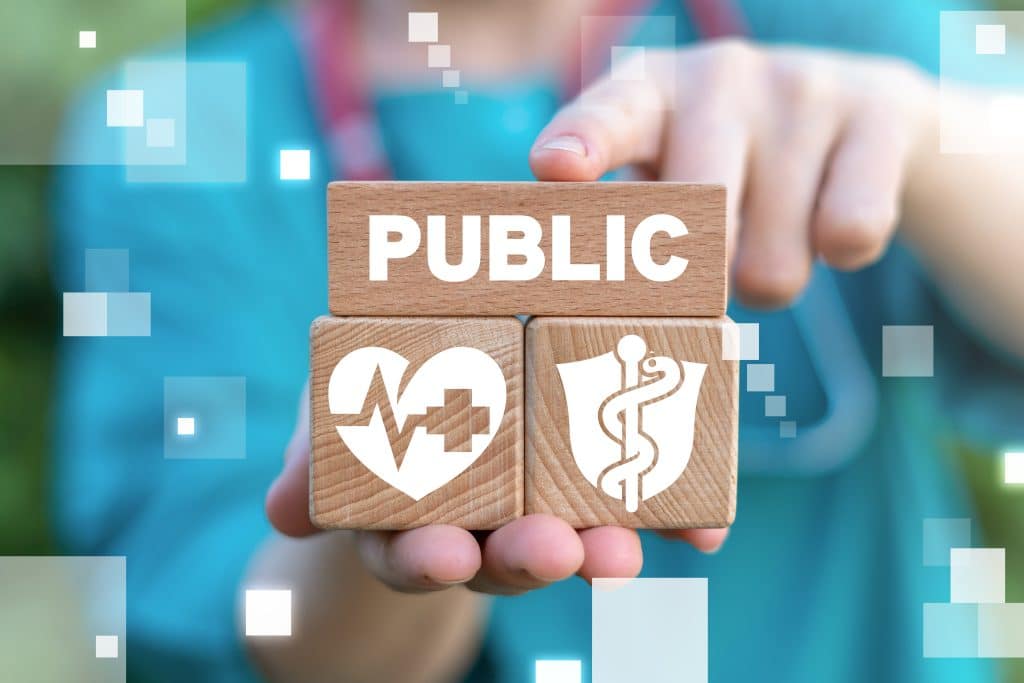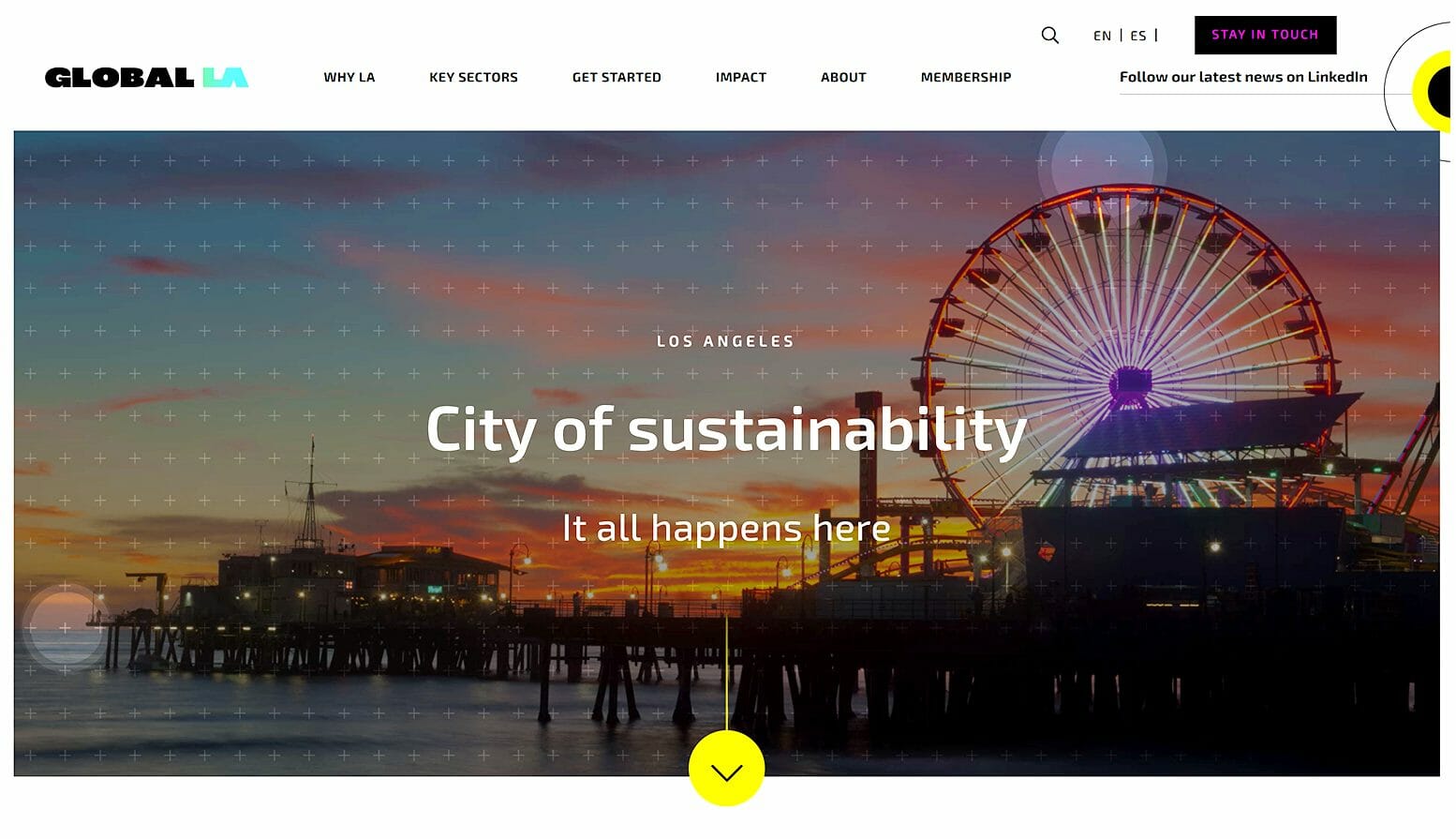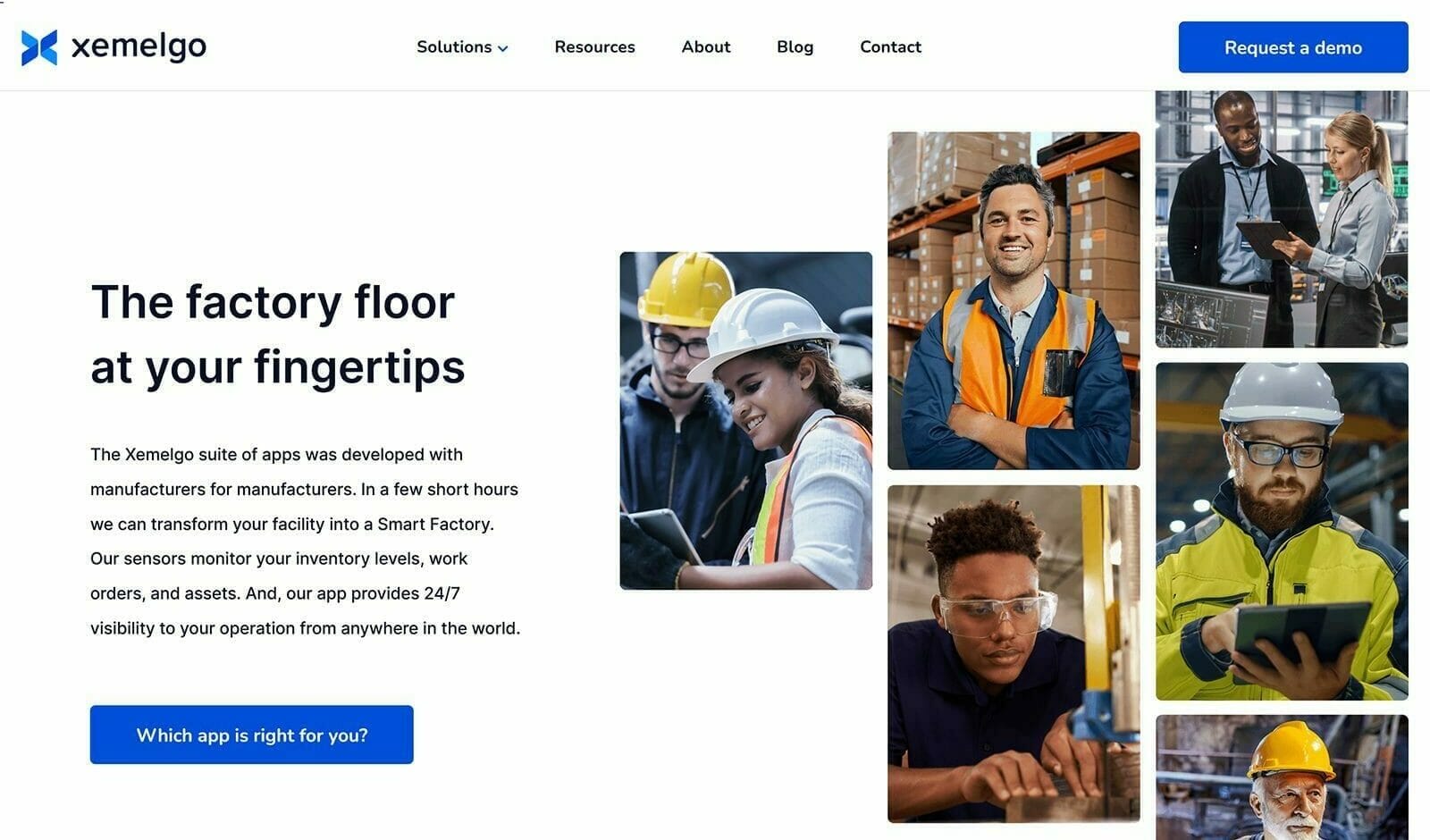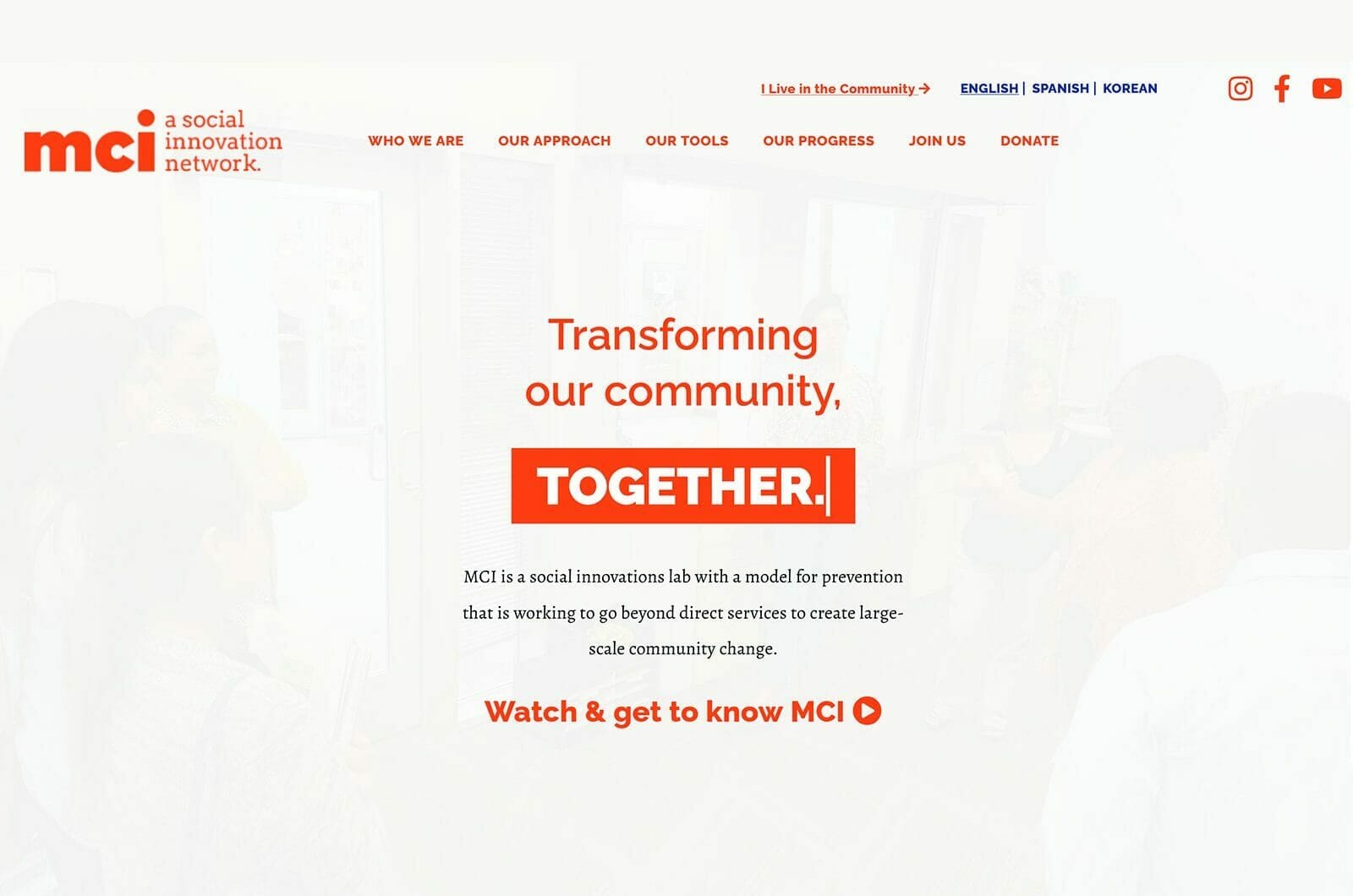15 Aug ‘23
Mobile Apps Are Shaping The Future of Public Health
15 Aug ‘23
In: Mobile App Design & Development, / By: Ripe Media
In today’s digital landscape, mobile apps are not merely confined to online shopping or social media interactions. A wave of innovation is directing them towards vital sectors like public health. Here’s a deep dive into how mobile apps are revolutionizing the world of public health and the positive outcomes they are engendering.
Mobile Apps in Public Health: An Introduction
Over the past decade, mobile technology has permeated every facet of our lives, fundamentally altering how we communicate, learn, and manage our daily tasks. The realm of public health is no exception. According to a report by the World Health Organization, mobile health (or mHealth) initiatives have surfaced in many countries, with over 83% of member states reporting at least one mHealth initiative in their nation.
Prevention, Awareness, and Education
The key to effective public health management is not just treatment but prevention. Mobile apps have created an easily accessible platform for users to gain knowledge about various health risks, preventive measures, and general health awareness. For instance, apps that offer daily health tips, reminders for vaccinations, or information on contagious diseases can play a vital role in raising awareness among the masses.
Real-time Data Collection and Analysis
One of the major advantages of mobile apps in public health is real-time data collection. Apps like EpiCollect provide tools for data collection, linking global health professionals in their fight against diseases. With instant reporting and real-time analysis, health professionals can predict outbreaks, manage resources, and strategize interventions more efficiently.
Telemedicine: Healthcare Beyond Boundaries
The COVID-19 pandemic reinforced the significance of telemedicine. Mobile apps have paved the way for remote consultations, reducing the need for physical hospital visits. Such platforms not only ease the load on health infrastructure but also ensure that healthcare reaches remote and inaccessible regions. Studies have shown that telemedicine apps have significantly improved patient outcomes, especially in chronic disease management.
Personalized Health Interventions
Personalization is the essence of modern-day technology, and mobile apps have brought this to public health as well. These apps can tailor health advice based on individual data, lifestyle, and risk factors. This personal touch enhances user engagement and ensures more accurate and relevant health interventions.
The Road Ahead: Challenges and Opportunities
While mobile apps are transforming public health, challenges like data privacy, digital literacy, and accessibility still persist. It’s crucial to address these issues head-on and ensure that apps are inclusive, secure, and user-friendly.
On the flip side, the future holds immense promise. With advancements in AI, AR, and VR, the potential for mobile apps in public health is boundless. They could offer more immersive health education experiences, more accurate diagnostics, and even better patient engagement strategies.
Conclusion
The integration of mobile apps into the public health ecosystem is not just a trend but a necessity in our increasingly digital world. As technology evolves and the public health sector embraces these changes, we can expect to witness transformative outcomes that benefit communities worldwide.
By being at the forefront of this digital health revolution, we can ensure a healthier and more informed society. Mobile apps, with their accessibility and innovative features, are indeed shaping the future of public health.















